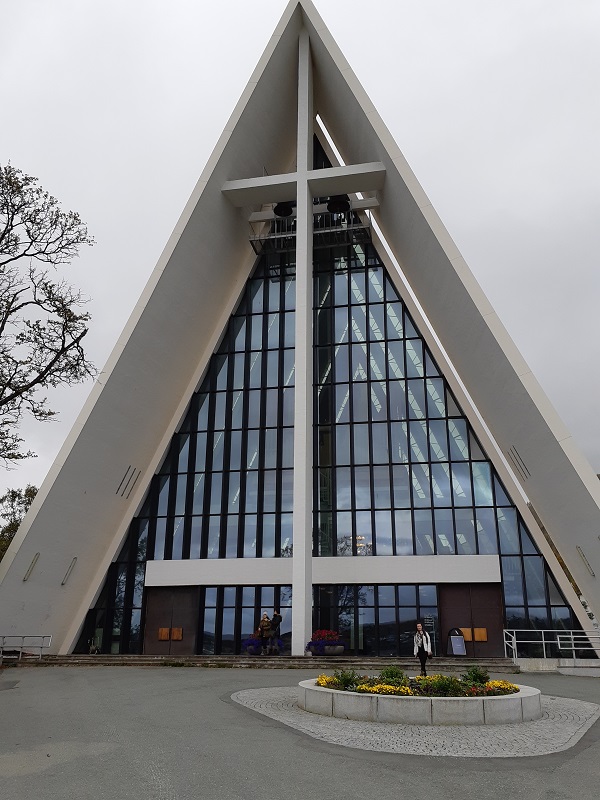As promised, I am asking to international travellers and people living and working in a foreign country to share their life stories with me to know why they decided to leave families and friends behind to explore new realities and meet new cultures!
Are you curious about how they managed to adapt and settle in their new countries? Then follow my expat interviews categorised by country! Are you an expat wanting to share your tips and experience with the rest of the world and be a source of inspiration? Then fill in the expat interview form: I would love to hearing from you!
“Travelling—it leaves you speechless, then turns you into a storyteller.” Iba Battuta
Let’s meet Gabriela: an expat who fell in love with Tromsø
Introduce yourself briefly. Tell us who you are!
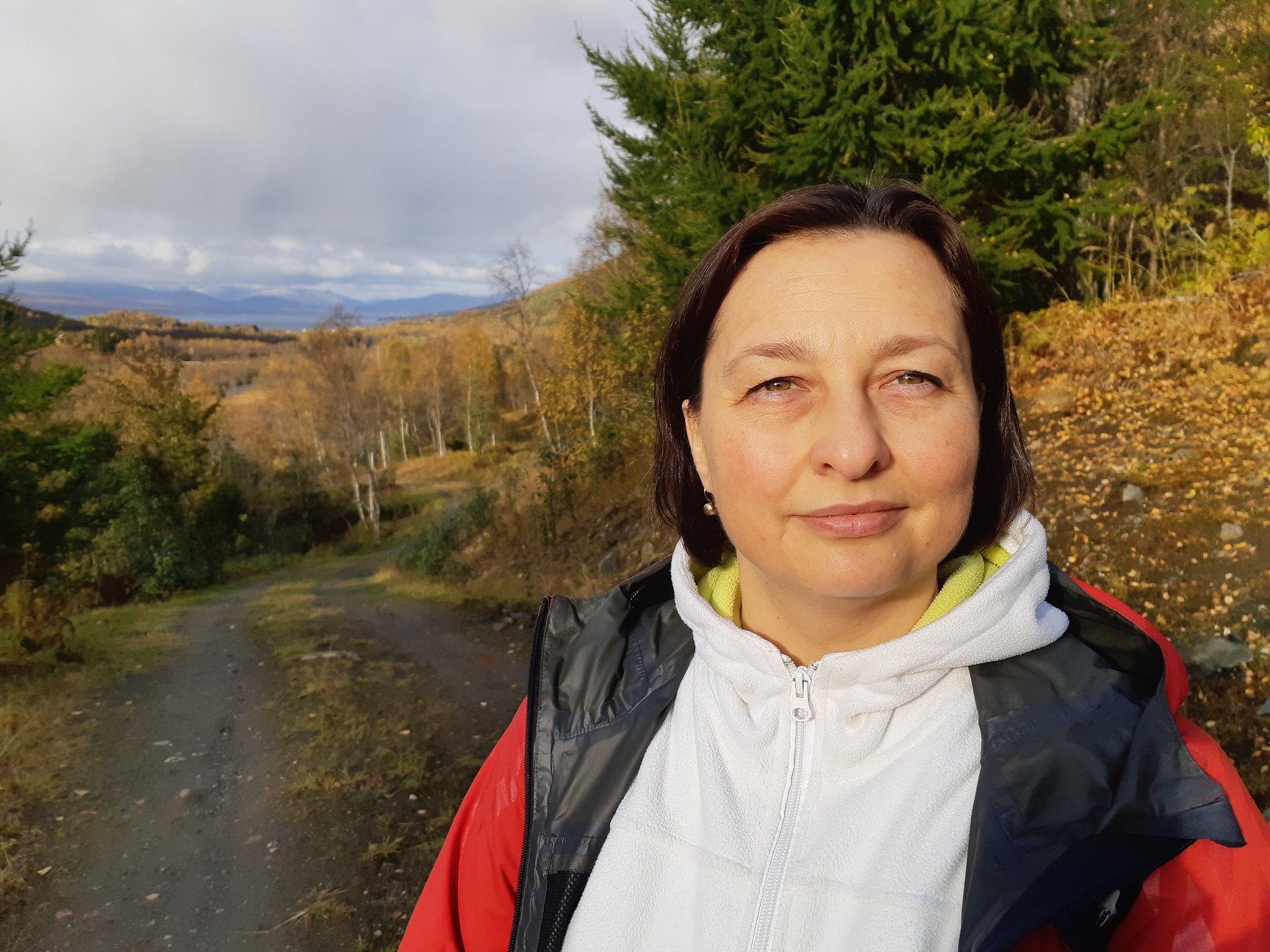
I am Gabriela from Romania, and I have been living in Tromsø, Norway, for the past 16 years. Norway is a Scandinavian country. A country that had peace for the past 1000 years, unlike the rest of the world. This peace has shaped people in a different way, which can be difficult for us, expats, to understand.
Learning the language and adjusting to this new culture made me realize how much our language and communication is influenced by the historical events we grow up with. Therefore, communication and the use of words have become my passion. I used to be a journalist, and writing and expressing myself with words was already part of my interest. Yet, coming here, I became even more aware of the power they carry.
Why did you move to your current country?
I moved to Tromsø because I wanted to take a master’s degree in Peace and Conflict Transformation at the local University. When I’ve got here, I was charmed by the beautiful nature and the clean air by the people’s politeness. At that time, the government just passed a law that forbade smoking indoor. Being able to go out in pubs or restaurants and not coming home, smoked like a salmon, was excellent. The same with the offices and workplaces. Nobody smoked inside.
I was also able to walk from my student hostel to the University, trough beautiful forest paths. It was amazing. I could see the sun at midnight during summer and Northern Lights during winter. All these aspects made me want to live in this place that looked like a small, peaceful piece of heaven.
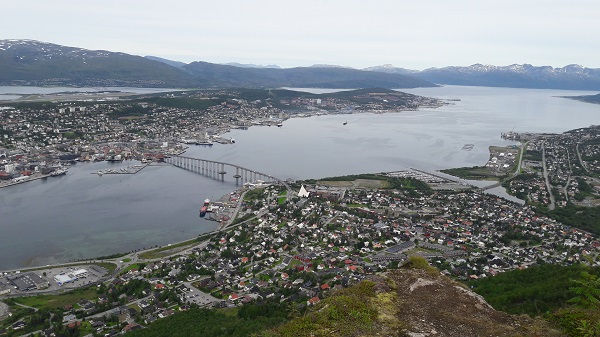
What do you do for a living? How was the job hunting?
Right now, I am working as a therapist, and I hold seminars and workshops on multicultural communication. Those who are curious can check my website: www.migrationofemotion.com.
If one should want to come and live and work in Tromsø, the popular websites to find jobs are: www.Jobbnorge.no, www.nav.no, www.webrecruiter.no, or a simple google search for Jobs in Tromsø can get you a long way. It also depends on what kind of job you want and which living standards you have.
It is an advantage if you have recommendations from local people on your CV, which you can obtain by volunteering. There are a lot of organizations in need of new members. You can find many of these on frivillig.no. Unfortunately, the site is in Norwegian. But if you’re intuitive enough with languages, you will manage to navigate to organizations websites.
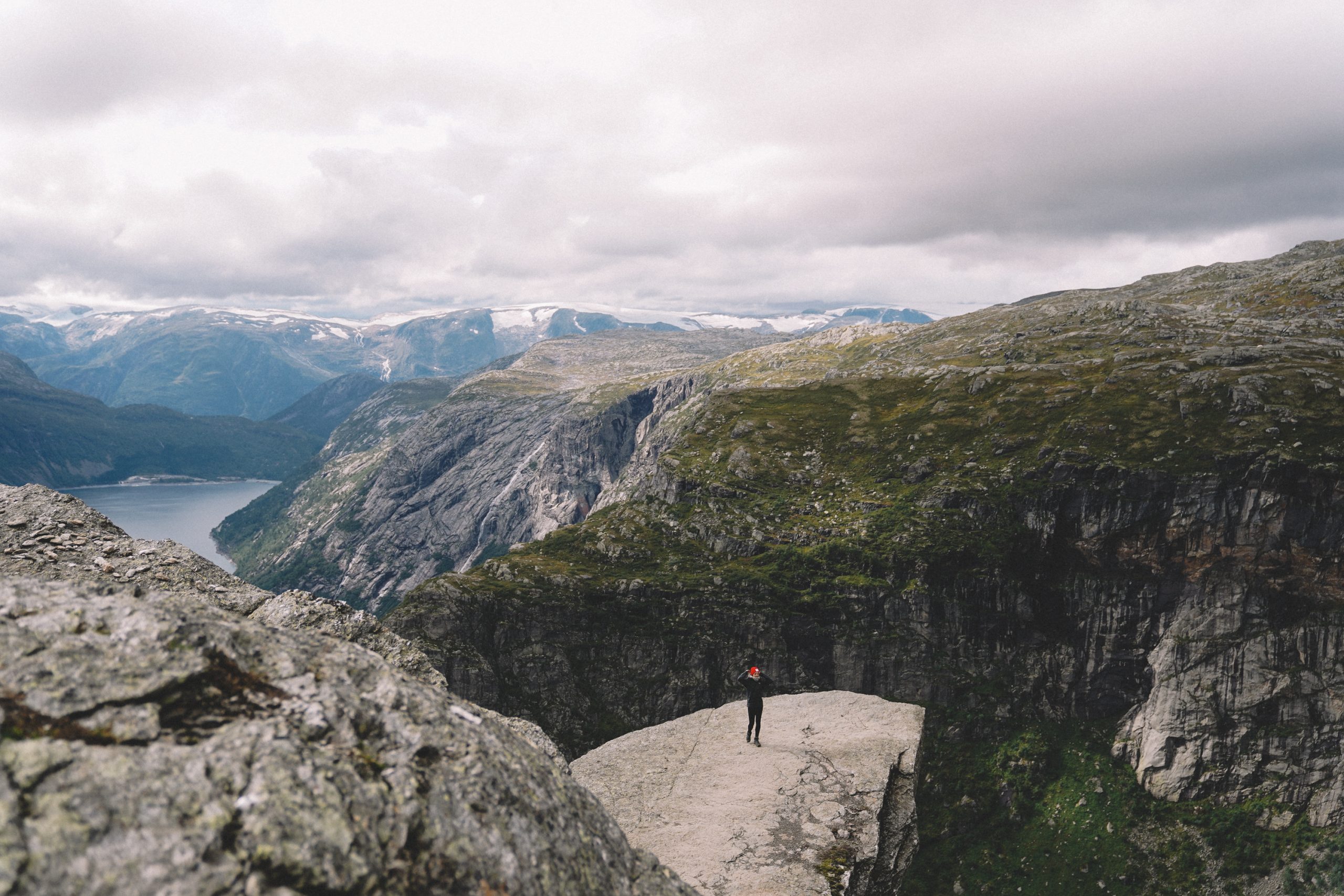
How is the social life in your city, is it easy to make friends?
Tromsø is very social, and over 150 nationalities are living here. There are quite a lot of restaurants and even more pubs. Nightlife is rich. If you go out in pubs, restaurants, concerts, events, and arrangements, you’ll always meet people and perhaps become friends. The friendship process goes faster with other expats, slower with Norwegians. You have to melt the ice around them first. Only if you don’t want to be involved at all, you won’t find someone to hang out with.
It is a touristy town because of the Northern Lights during Winter and Midnight Sun during summer. There are beautiful mountains to hike or to ski on, depends on the season. There is the sea and the fjords for paddling, sailing, even diving. If you have a hobby, all you have to do is ask around, and you’ll find the appropriate crowd to hang out with.

Why should people move there? Why did you fall in love with this place?
I chose to live here because it is peaceful and because things felt in place for me right from the start. A word of wisdom says that when you feel like the pieces of your puzzle fall in place fast, then this is how it supposed to be.
What do you want to say to people looking to move there?
If people want to live in Tromsø, they should be fond of nature and outdoor sports both in summer and winter. They should be able to cope with six to eight months of winter, where two of them are dark: Polar Night.
Do not expect to become friends with Norwegian very quickly. Look for your well-being and social life, and do not expect someone else to make you happy.
I have a guide about what one should know about the Norwegian Culture before speaking the language. You can get it here: https://migrationofemotion.simplero.com/page/144171
Otherwise, www.finn.no should help you with pretty much everything else.

How is the health system? Is it a safe place to live in?
The health system is rather good. We pay high taxes, but if we get sick, most of the expenses get covered by the policy. People only pay up to 250 – 300 euros at most. The first thing you do when you move to Norway is to get a social security number, and with that, you are registered in the system, and you can choose a family/personal doctor. Pretty much everything goes trough that general doctor. The only thing is that if you are not in an acute situation (and everything goes fast and smooth), getting the treatment you need can take a lot of time. This is why there are also private hospitals and private medical care. People who choose it are those who do not want to wait for the system to process their cases.
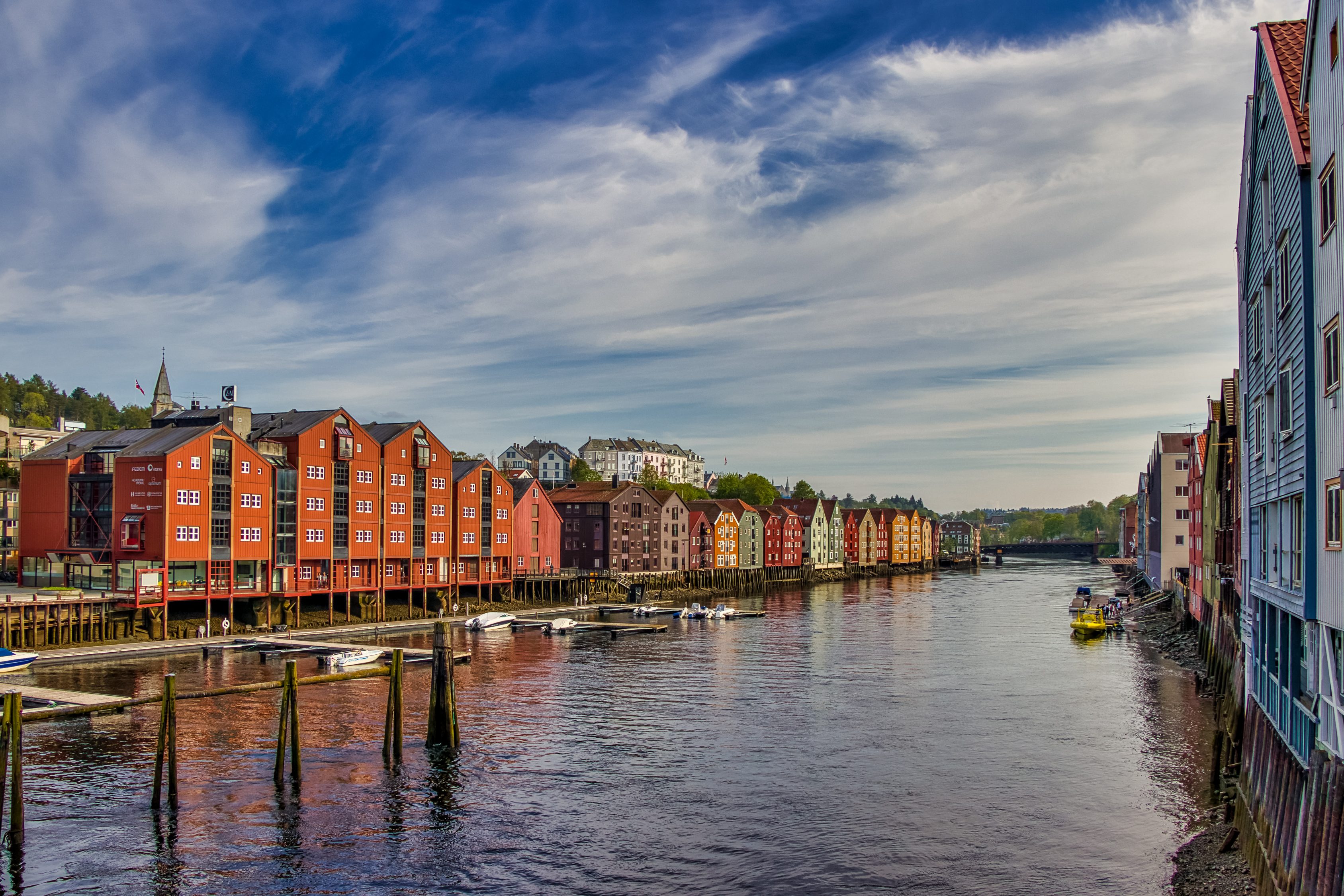
How is the general cost of living, what is the average rent?
Living in Tromsø can be expensive or cheap. It depends on which living standard one is used to. Rent can vary from 500 euros to 1400 euros, depends on location and distance to the city center.
Transport prices vary for students or youth (up to 30th), elderly, and others.
Having a car can be expensive in terms of gas, parking, and maintenance. If you live in an area which is reachable by bus, you don’t need a car. In case one should want to drive around, it is ok to rent one for a weekend. Many people walk or use bikes for going to work, in both summer and winter. It is a nation where physical activity is highly practiced and encouraged.
Food can also be expensive, but there are sales one can jump on. Restaurants can be costly, yet there are promotions that allow people to try and enjoy them.
Alcohol is expensive because it is a state monopoly. A beer in a pub can be from 10 euros up. A glass of wine is from 16 euros up. But one can buy beer in grocery stores a bit cheaper, and wine in special stores called “Vinmonopolet”.
Clothing or home items can be expensive, but there are many second-hand shops or FB groups or websites where things are given away for free or at a very low price. The most popular site for almost anything is www.finn.no

Tell us something you don’t like about where you live and the difficulties you came across when settling in
If I should talk about something challenging would be the long winters. We are in 2020, and it is snowing at the end of May. But it is still cosy, and we have learned to say that “we know where we live, and we chose it ourselves” :), therefore we don’t complain.

Tell me an unmissable thing to do in your city over a weekend
It depends on the season. In winter, make sure you catch the Northern Lights, dog sledding, and whale watching (if they decide to be in the area). In the summer, climb up or take the cable car to Fløya Mountain, enjoy the walks around town, climb some mountains.

Did you find Gabriela’s experience useful? Then check out the upcoming expat interviews in other cities!
